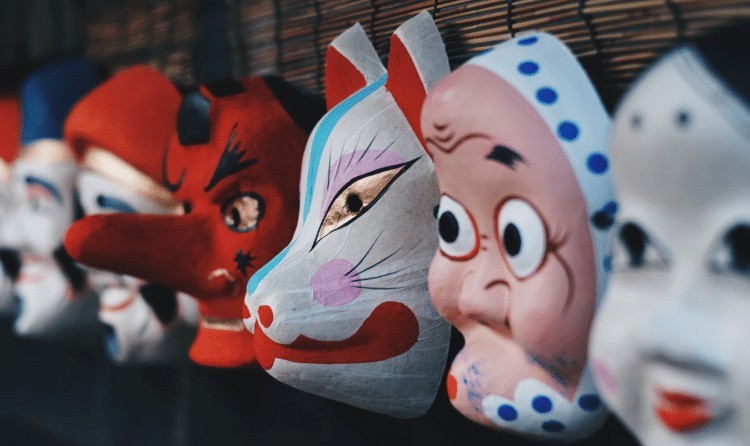Have you heard of these two words? Honne (本音) and Tatemae (建前) are expressions whose literal meanings would be, respectively, "true sound" and "facade".
And where does this apply in the life of the Japanese? Well, that's pretty much the life of Japanese people in general when they go to interact with others.
Honne and Tatemae are basically tags that Japanese people use when talking to other people.
Depending on who the speaker is, Japanese will use Honne or Tatemae.
Honne, as mentioned before, means “true sound” in literal translation and is basically when a person expresses their true opinions in front of a person, without mincing words. The equivalent here in Brazil would be the famous “papo straight”.
Tatemae, literally means “facade” and is the complete opposite of Honne. Tatemae is basically hiding your own opinions in order to please a person who is of some importance or relevance or to avoid conflict situations.
In Japanese culture, it is important to preserve peace and avoid verbal or physical conflicts as much as possible and the Japanese do everything to avoid any kind of beef, even if you have to lie and pretend to agree with the person you are arguing with.
Table of Content
Societal influence and pressure
It is already known that Japanese society, in certain aspects, works under pressure and it is also important to keep up appearances in order to be able to fit in with the demands imposed by it.
Some, due to not being able to accept the pressure, end up becoming isolated from society like a hikikomori.
The Tatemae is important in Japanese society. Issuing sincerity, which often goes against what society takes for granted, you end up standing out in a negative way and, as the saying goes, “a nail that stands out, gets hammered”.
Highlighting is not something the Japanese tend to appreciate.
The Honne is only used when a person is with their relatives or close friends and the person needs to vent.
The Japanese, in general, have a habit of not commenting on their own problems so as not to worry or annoy them.
But, we all know that no one has a heart of ice, and there comes a time when we need to vent.
One of the most common moments for them to express themselves is during festivities such as bonenkai and shinnenkai, and sometimes even in a simple nomikai.
EHonne and Tatemae stereotypes
Whoever reads up on how Japanese society works, the person tends to think that the Japanese are fake and liars who have cockroach blood.
Without understanding the reasons, a stereotype is created that the Japanese are people who will never say anything to you in front of you but will talk about you behind your back.
The problem is that Honne and Tatemae are not general rules; there are Japanese people who care little and say whatever comes to mind.
And this story that "JP td falso BR melior HUAEUAHEUHAEHUAEHUE" is a huge generalization. Many follow this culture thinking of others, to avoid causing problems.
Honne and Tatemae's culture can be harmful, as some end up not expressing their own opinions and accepting those of others.
It's nice to think about others, but we need a space to fulfill our own desires and opinions.
To give you an idea, some Japanese people learn the idioma inglês just to vent with a gaijin, because they know that foreigners don't have this culture of pretending an opinion to please everyone.
What do you think of the culture of Honne and Tatemae? It can be useful at times, but using it too much can cause various social problems that the Japanese have already faced. We look forward to your honest comments (Honne) and shares, thank you xD



